It’s nearly here. As much as you want it to be over, you have to go THROUGH it first!
Auditing has never been a popular subject with students. To my eternal sadness, students don’t see the value of the skills and knowledge the way I do. I have to work so much harder when I lecture Auditing to keep students engaged, and their negativity is always just around the corner. These characteristics though, also indicate the increased challenge for students when they study. They battle far more with Auditing because they battle to stay interested, and don’t really see the link between practical use and the theory they’re studying.
For students who are doing Articles
Interestingly, these students often struggle in exams MORE than students who aren’t doing Articles. There’s no question that the practical exposure to the field helps understanding. What it doesn’t help is exam technique. Depending on the level of computerised reliance on audit methodologies at the firm students work at, they may not be used to developing and communicating risks from scratch. (There are audit programmes that have ‘checklists’c built in, so risk assessment is done by checking boxes rather than the exam requirement of identifying from the case study with no triggers).
The challenge is that students doing Articles are often more complacent about Auditing, because they ‘do it everyday’, so would rather focus on other subjects.
Be careful if this is you!!!
For students not doing Articles
These students struggle to see the case studies for the ‘real-life’ situations that they are. Instead of seeing the ‘picture’ of the client, they spend their time looking for keywords that trigger theory and solutions they’ve seen before (Eg: the moment they see the words “Listed Company”, or “Performance bonusses”, they know what to say, not because they visualise it, but because they’ve seen it before.) So. for these students, putting risks in questions that they haven’t come across before is a sure-fire way to reduce their identified risks. This is why it’s CRUCIAL to visualise the case study as an actual company. Read the situation, don’t keyword search. You’ll lose the context!
Building a solution vs Knowing the solution
My best exam advice at this point is to go into that exam prepared to BUILD the solution. Too many students see a 20 mark question, and try figure out all the points that will be on the solution (ie: They try picture the markplan in their heads, then copy the points off their imagined markplan.) The problem here is that this shuts down the ability to THINK about the problem, and develop a solution.
You won’t KNOW the solution when you read the required. You have to identify the problem, identify what’re required of you, then build the solution (eg: Risk assessment, procedures, controls, etc) bit by bit. It won’t come to you all at once. The information triggers different components of your knowledge. This is where you should use your knowledge as triggers.
Assertions, for example, are a goldmine in Risk and Procedure questions (at Account balance or transactional level), because if ALL the assertions are taken care of… THERE’S NOTHING ELSE THAT CAN CAUSE MISSTATEMENT! Think about that if you’ve only ever studied Assertions as acronyms… (Yes, I know you’re out there!!!) Use them as triggers to ask yourself whether each assertion has been taken care of management, and then use them to develop procedures. (ie: There’s an accuracy problem? How do you prove accuracy? Recalculate something. Trace it to originals, Agree it to the source document details. etc)
Gather your marks in the solution by building your solution from the bottom up. Stop trying to visualise the markplan.
Available marks vs Required Marks
This is a constant complaint from students. They try visualise the markplan in case their points aren’t valid. Remember that the markplan is often FAR bigger than the required marks. So a 20 mark question may have 30 or 40 possible or available marks on the markplan. This means that to pass, you only need TEN of the possible FORTY marks that are on the markplan!
Let it GO!
No matter how often students hear this, it’s still tough to do. If your time is up… MOVE THE F*&%$& ON! (Does that make it a little more clear!!!?)
You are statistically FAR less likely to get marks at the end of a question than the beginning of the next one. You may lose a few marks for a question you didn’t finish, but you’ll lose one hang of a lot more from questions you never got to.
The Case Study
Make the reading time work for you. You KNOW you’re going to get risk questions, and you know that you’ll have to audit the risks, so when you read the info, put a little “R” next to info that will be a risk. It means you don’t have to re-read all the info once you’ve got the required. I also separate “R-AFS” from “R-Sales to differentiate from risks at AFS level and account level. Risk forms the core of the audit process, so you’ll never go wrong from making sure you’ve identified the risks.
Don’t try thoroughly read the entire case study. Has that ever helped you get to the solution faster? Have you ever been able to put pen to paper as soon as you get the required?! I’d say 95% of the time… No.
So, get comfortable with the working papers you’re given, the headings of the information, so you know which paragraphs to come to when you get to each required. The working papers will indicate the question. (Eg: Background info is often for AFS risks; System descriptions are for control weaknesses, recommendations or testing.) This helps shape your understanding of the task ahead of you before you get the required.
You know that you end up reading the detail in the case study again once you get the required… so you waste time by trying to finish all the detailed reading twice. Most students don’t read fast enough for that.
Back to basics
No, no one wants to get a question that requires procedures for Debentures or some horrible financial instrument. BUT… you have the advantage if you don’t freak out and think of it as a complicated financial instrument that you never studied procedures for. It’s an asset, and assets are prone to overstatement. The assertions are the same as any simple asset, so start there! Take a look at a few solutions for tougher procedure questions, and see how many ‘simple’ marks there for going back to basics… You don’t get bonus points for nailing the tricky stuff. A mark is a mark… get the simple ones first!
Finally….
Yes, very few students like Auditing (if you do, you’re a small community!), but you have to do it! Go in there fresh, and ready to THINK. DON’T shut down your thought processes. DON’T leave your Accounting knowledge at the door.
I’m thinking of all of you. I hope that the exam goes well, that you don’t freak out (too much!!!), and that you pass beautifully!
Good luck!

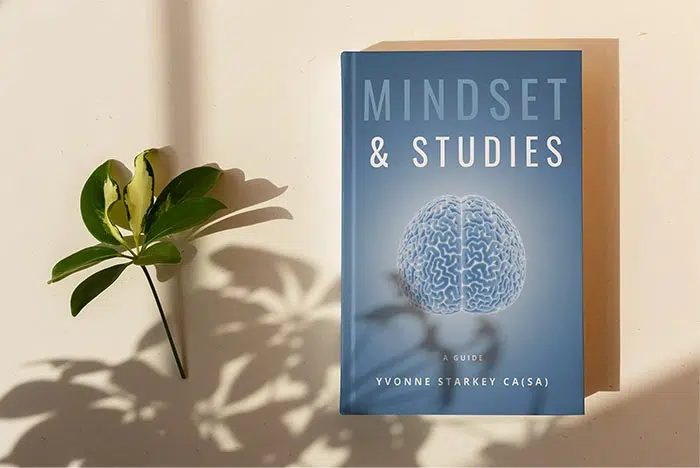


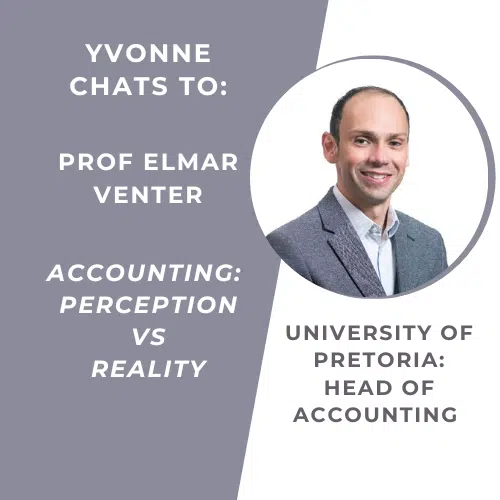


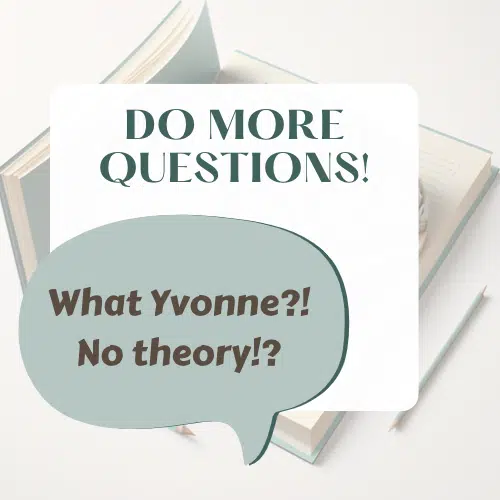
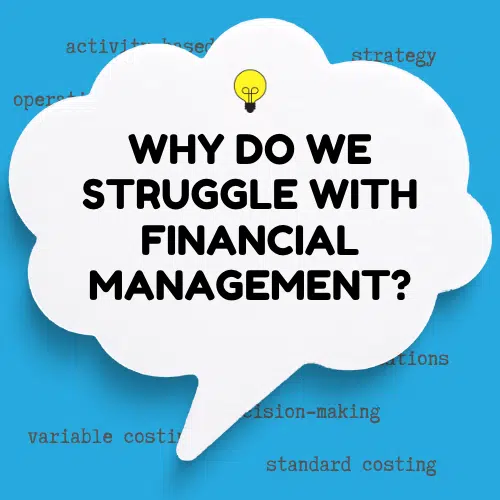



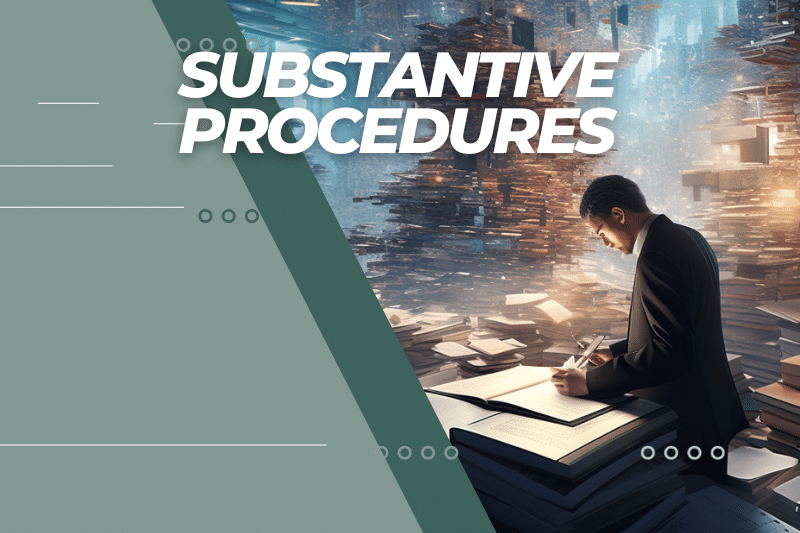

11 Comments
Please send me more of your encouraging words. Thank you
Hehe, I’m glad you find them helpful! Check the rest of my blog, and my Facebook group for more. I add all this between my day job, hence there’s not more of it!!! 🙂
I believe that the attitude starts in second year because I recall how much I hated auditing because of the way it was tested. I could understand it in class when it is lectured because the lecturer always tried to give real life applications. Unfortunately tests and exams seldom tested application and rather tested the core theory. It was too much to cram, that’s when I started hating the subject.
It got better in 3 year as more application was required due to open book policy but my attitude towards it was still beyond repair. It became easier to study because for certain topics, I could get away with just attending class and not studying further for things such as Romm at overall level and TOCs, but funny enough it became a challenge for many people that coped well in second year with mind dumping.
Well, in CTA, my attitude changed a lot because of the focus on application. Things that I learned pre-grad only started making sense this year. I discovered the relevance of this subject in CTA. Understanding the logic has helped me get away with murder on a few occasion, in the sense that, I could at least get 40-50% in a question that I didn’t even prepare for. The only challenge is exam technique so far, because I often see the answer in my mind but fail to put it in words. I guess it stems from a lack of practice.
In conclusion, I think the approach to teaching audit at undergrad level needs a make over. I believe it can be done the way it is done in CTA but with more simple case studies and a guided required (eg instead of asking “Describe the audit approach for 20 marks”, break the question up into the elements that lead to the full audit approach for 5 marks per section). Its a bit like trigonometry and calculus in high school, its hard to understand it if you can’t see its practical use
Thank you for the motivation.
I agree with you. Positivity will definitely help from the first day of Auditing lectures! The more students can learn real-life examples, the better.
🙂
Hi
I’m in second year, and haven’t experienced the big challenges of CTA yet. But I love reading ur exam techniques and experiences. In some way it kind of helps me think of the subjects differently and prepare my attitude for what’s to come.
Thank u for sharing 🙂
Awesome! Well done you! The more you can thing ‘big’ when you’re studying the smaller details, the better. It means you’ll always be asking “Where does this fit in?”, which is seriously valuable the further you get in your studies.
Also, you’re mentally prepared for what’s coming, and are more prepared to face the ‘unknown’ 🙂
I wish more students had your attitude!
Thanks a million, very helpful
Good read thanks Yvonne!
Thank you so much!!!!
This was such a good read, reminds me of one my Lecturer’s pep talks. Thank you, the hurdle doesn’t seem as daunting!
Hi Yvonne
I found myself dosing off while doing a tutorial question for auditing, so I thought lemme google and see if someone somewhere can help me get over my hangups with Auditing. And I think this article did just that, well it scratched the surface, and even that is progress!
Thank you for your passion for Auditing,its palpable.
I’m doing my best to work on my attitude because I know attitude is everything. Do you also have video’/ of maybe lectures or lecture material? Or other resources that you find helpful. I’m doing my CTA this year and I believe I will pass it first time around.
God bless you for your love of what you do.